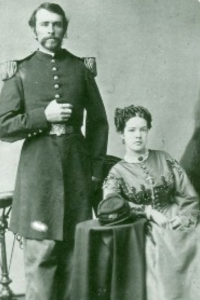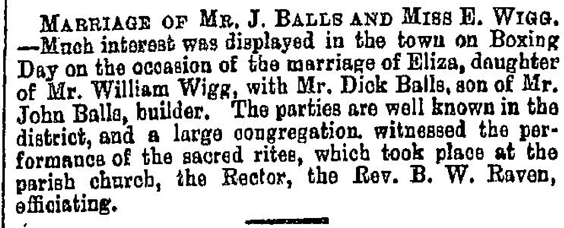In 1909, the Irish author James Joyce was living in Trieste with his lover, Nora Barnacle. Then both in their mid-20s, Joyce and Barnacle’s relationship was intense but sometimes variable and tempestuous.
In October, Joyce returned to Dublin on business, leaving Nora alone in Italy for three months. During this separation they agreed to send each other erotic letters. Some of these letters survive today and their contents range from passionate and erotic, to smutty and fetishistic.
Topics explored in Joyce’s letters to Nora include oral sex, self pleasuring, buggery, flatulence and defecation. He referred to her as “my little f-ckbird”, “little c-ntie” and “my sweet dirty little farter”. Joyce also confessed to masturbating, either while writing to Nora or immediately thereafter.
On December 15th, a week before starting his return journey to Trieste, Joyce wrote to Nora:
“I am sure my girlie is offended at my filthy words. Are you offended, dear, as what I said about your drawers? That is all nonsense, darling. I know they are spotless as your hearth. I know I could lick them all over, frills, legs and bottom. Only I love, in my dirty way, to think that in a certain part they are soiled. It is all nonsense too about buggering you. It is only the dirty sound of the word I like, the idea if a shy beautiful young girl like Nora pulling up her clothes behind and revealing her sweet white girlish drawers in order to excite the dirty fellow she is so fond of; and then letting him stick his dirty red lumpy pole in through the split of her drawers and up, up, up, in the darling little hole between her plump fresh buttocks.
Darling, I came off just now in my trousers so that I am utterly played out. I cannot go to the Post Office now, though I have three letters to post. [So] to bed, to bed! Goodnight, Nora mia!”
Nora responded with her own erotic letters, however, none of these survive.
Source: Letter from James Joyce to Nora Barnacle, December 15th 1909. Content on this page is © Alpha History 2019-23. Content may not be republished without our express permission. For more information please refer to our Terms of Use or contact Alpha History.


